A Syrian source has outlined two potential frameworks for a political settlement between Israel and Syria over the Golan Heights, according to details shared with i24News.
The first scenario envisions Israel retaining control over approximately one-third of the Golan Heights while returning another third directly to Syrian sovereignty. The final third would be leased by Israel from Syria for 25 years, allowing for a continued but non-sovereign Israeli presence in that portion.
In the second proposed framework, Israel would maintain authority over two-thirds of the Golan Heights, while the remaining third would be handed back to Syria, potentially with a lease arrangement. Under this proposal, Syria could also receive administrative control over the Lebanese city of Tripoli, additional northern Lebanese territories, and parts of the Beqaa Valley.
The Syrian source, described as close to President Ahmed al-Sharaa, indicated that Syria’s new leadership has shown an “unprecedented openness” and has established direct communication channels with Israel, focused on security and military coordination in southern Syria. The source suggested that returning specific portions of the Golan Heights—particularly areas beyond what Israel captured following the collapse of the Assad regime—would be critical to securing domestic support for any future peace agreement. Failure to include such concessions, the source warned, could generate substantial internal resistance to a deal.
At the same time, the source clarified that removing U.S. sanctions on Syria should be regarded as a separate diplomatic matter and not as a form of “Israeli payment” for a peace agreement.
Syrian state media, however, recently characterized talk of a peace accord as premature. An unidentified official quoted by Syrian state television stated that negotiations would not be possible until Israel complies fully with the 1974 disengagement agreement and withdraws from areas it has entered since the Assad regime’s fall.
These developments come against the backdrop of major regional changes, including the overthrow of former Syrian ruler Bashar al-Assad in December and the weakening of Hezbollah after its most recent clash with Israel. Syria’s new Islamist government has confirmed indirect talks with Israel to ease tensions, while the London-based Arabic outlet Al-Sharq Al-Awsat reported this week that direct negotiations are taking place in Jordan on security issues and a phased withdrawal of IDF forces from southern Syria. Senior Syrian officials, including the country’s defense minister, are reportedly taking part in these discussions, which also cover possible security arrangements to stabilize Israel’s northern border.
Despite this engagement, sources close to the Syrian leadership have maintained that President al-Sharaa is not ready to sign a formal peace treaty with Israel at this time. Syria’s primary demand continues to be a complete Israeli withdrawal from territories occupied after Assad’s fall, along with a rejection of expanding any buffer zones in the south.
Axios recently reported that Israeli Prime Minister Benjamin Netanyahu expressed interest in pursuing U.S.-mediated negotiations with the new Syrian authorities. Netanyahu reportedly conveyed this during a meeting with U.S. Envoy to Syria Tom Barrack, seeking a revised security agreement that could eventually lead to a full peace treaty — the first such direct diplomatic effort between Israel and Syria since 2011.
This Israeli initiative came after President Donald Trump met with President al-Sharaa in Saudi Arabia and subsequently lifted U.S. sanctions on Syria, despite Jerusalem’s initial reservations about al-Sharaa’s links to Turkey.
(YWN World Headquarters – NYC)


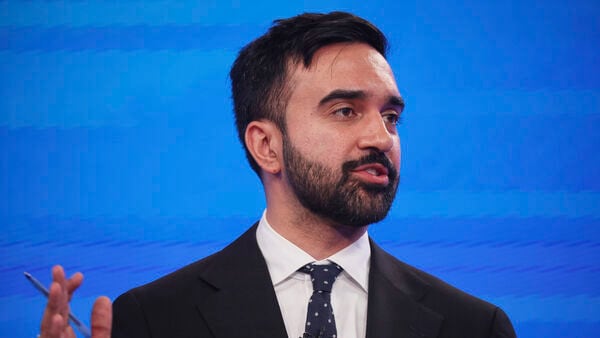
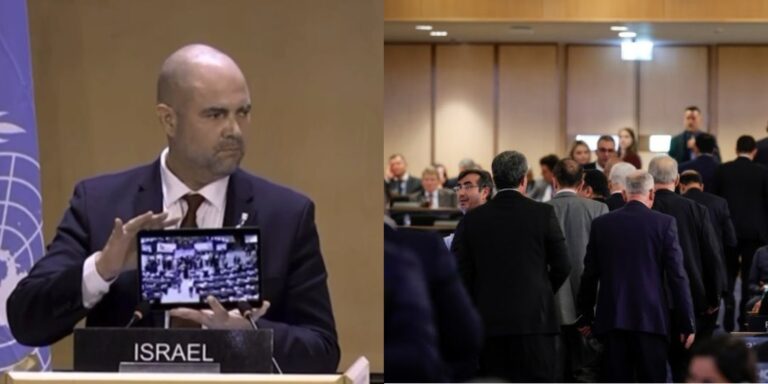



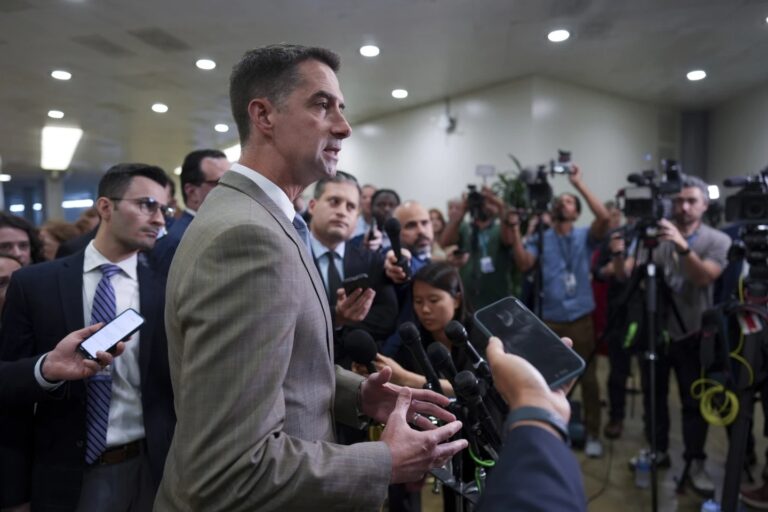
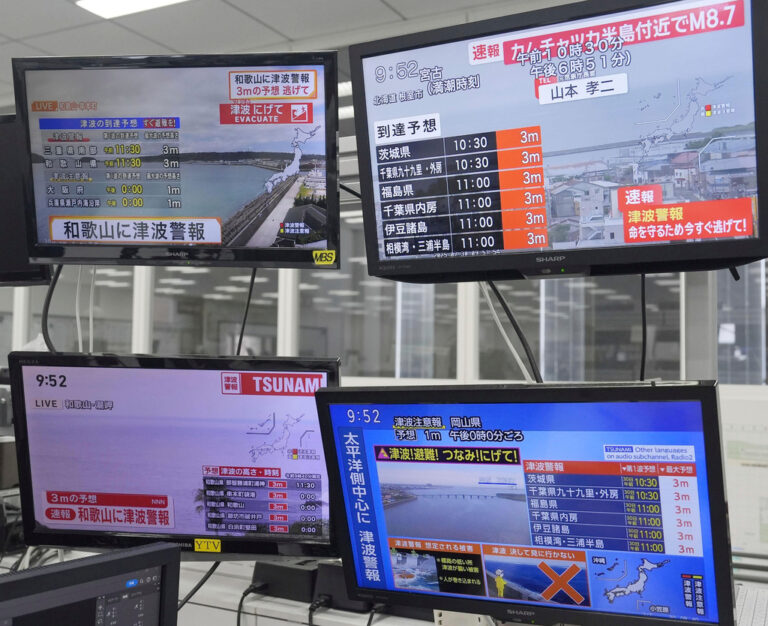
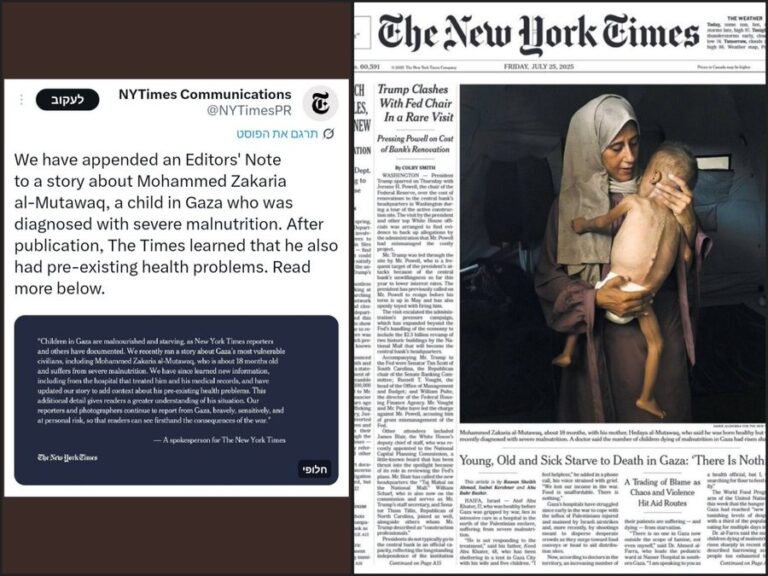
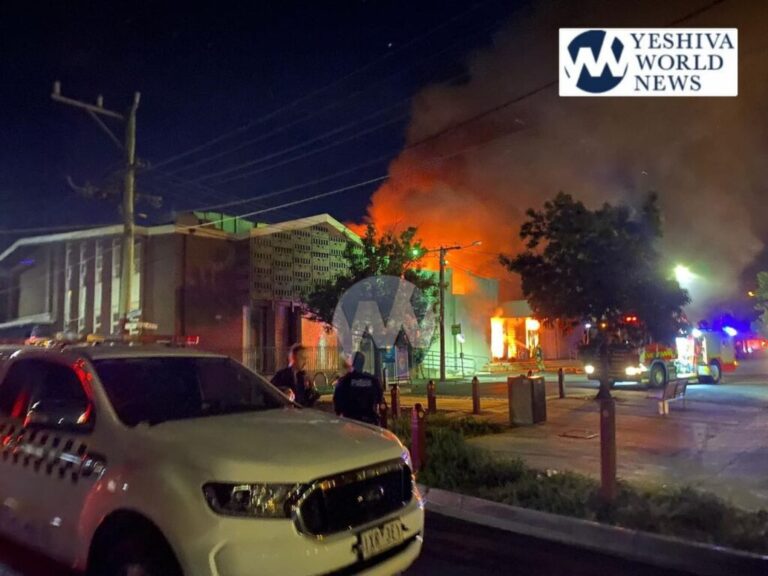

5 Responses
madness! the golan is part of israel. why surrender territory for the dubious benefit of a syrian embassy in tel aviv?
So the proposal is to give land to a 6 month of government of warlords to a nation divided by sectarian gangs. Waiting for Neturei Karta to chime in on this insanity.
How can Israel sign an agreement with a regime that might not exist ‘in a few weeks’ – as Rubio characterized them?
As long as they dont drive jews out of their homes im ok with it. I’m ok with living in Katrin Syria. Syria might finally be way of living in ארץ הקודש without living Israel
we have partnered enough…..